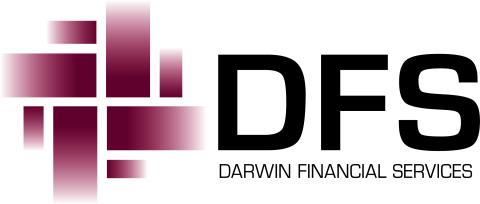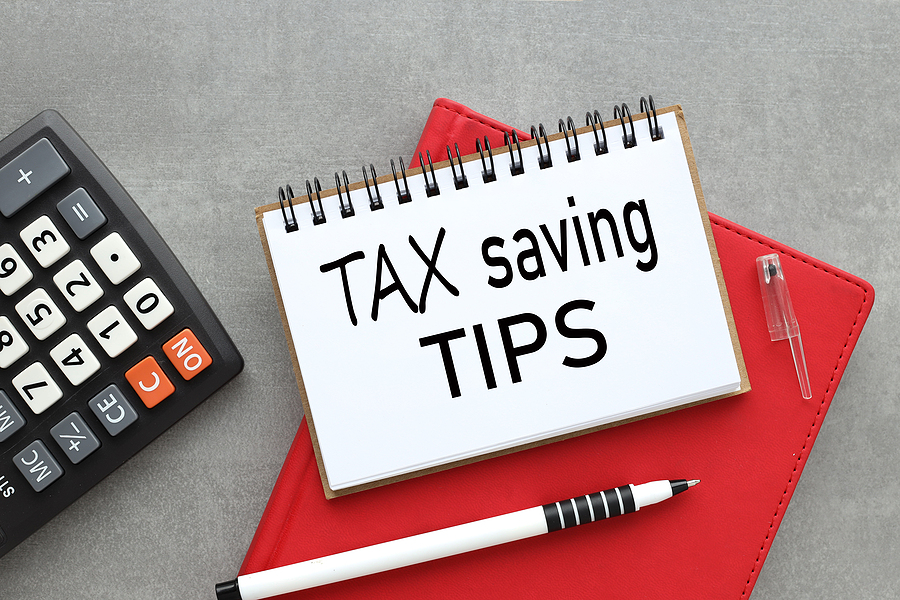July 1st is fast approaching, and we all know what that means. Yes, it’s tax time. Unfortunately, filing taxes can be a laborious, frustrating, time-consuming, and somewhat overwhelming process for some of us. However, for others, filing their taxes is a necessary evil that gives them a fantastic opportunity to reduce their tax liability.
These people see the annual period between July 1st and October 31st as a great time to take back a little of what the government took from them. So, what are some simple tax tips you can employ this year?
Work From Home Expenses
COVID changed how we live, what we do, where we can go and how we stay in touch with friends, family members and relatives. However, it also changed how we work. Working from home soon became the norm for many of us during the pandemic.
Claiming work from home expenses requires that you meet three criteria. First, you must have a receipt for each expense you claim. Second, your costs must be tied to how you earned an income. Third, this must be money you spent yourself for which an employer did not reimburse you. So, what can you claim?
- Car Expenses
There are essentially two methods of claiming car expenses. The first uses the ‘cents per kilometre’ method, while the second involves the ‘logbook method’. Of the two, the first option is much more straightforward. You can claim 72 cents for every kilometre up to a maximum of 5000 km.
You can apply a portion of your car expenses to work-related tasks for the logbook method. You can claim your costs of fuel, oil changes, car registration, car insurance, and the decline in your vehicle’s value. However, you need to keep highly accurate records and retain all receipts.
- Travel Expenses
These expenses include lunches with clients, hotels and accommodations, and public transit expenses. Again, keep all receipts and ensure that all costs are your own and were not reimbursed.
- Dry Cleaning and Clothing Expenses
You can claim the costs of dry cleaning and clothing if these expenses are work-related. These expenses might include the costs of a new suit, shoes or pants and shirts.
- Self-Improvement, Training, and Learning Expenses
You can claim any expenses for studying, training, or learning a new trade or skill. This includes course and tuition costs, fuel, parking, computers and computer consumables, books, stationery, trade journals, and a portion of the fees and interest paid on a Higher Education Loan Program (HELP). If you become part of a union after completing your course training, you can deduct a portion of your union dues and fees.
- Medical
You can claim any expenses you’ve covered and have not been reimbursed for COVID testing, PCR testing and other work-related medical expenses.
Superannuation Contributions
The SG increased from 10% to 10.5% on 1 July 2022 and is set to rise again to 11% on 1 July 2023 for the 2023–24 financial year. The SG percentage rate will continue increasing by 0.5% every year until it reaches 12% from 1 July 2025.
While you can’t claim tax deductions for before-tax income contributions made by your employer, you could claim a tax deduction for any after-tax contributions you’ve made yourself to your retirement plan. These after-tax contributions would include you making payments directly from your account after receiving your paycheck.
Other Expenses
You can claim expenses relating to the costs of managing tax affairs. This means claiming the costs of completing your tax return by an agent, getting advice from a tax preparer or lawyer, or any tax preparation software you purchase.
You can claim donations or gifts you’ve given to a deductible gift recipient (DGR) organisation. You can also claim some deductions for any expenses you’ve covered to earn interest on investments or a portion of your premiums paid on income insurance.
Have a Plan
Having a plan this time of year really pays off in the end. If you’ve been working from home, think about all the costs you cover to earn a living. Keep all receipts and be specific about the deductions you’re applying for. It might help make this year’s tax filing a much simpler process.
If you need help getting started on your investment journey or require expert financial advice, please get in touch with your Accountant and Financial Adviser. They’re there to help you secure your future no matter what stage of life you are in.
General Advice Warning:
If this article has inspired you to think about your own unique situation and, more importantly, what you and your family are going through right now, please contact your advice professional.
This information does not take into account the objectives, financial situation or needs of any person. Before making a decision, you should consider whether it is appropriate in light of your particular objectives, financial situation or needs.
(Feedsy Exclusive)





